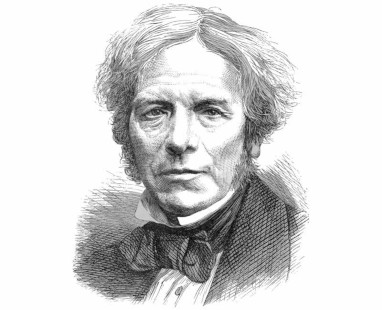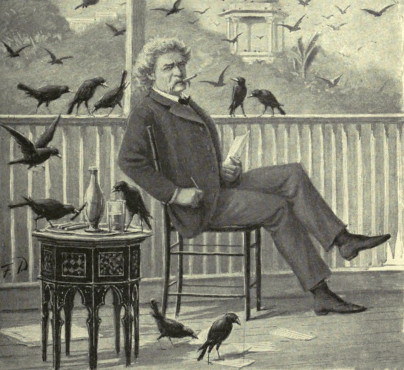Peter De Vries? Laurence J. Peter? Apocryphal?

Question for Quote Investigator: Do you know who is responsible for crafting the following vivid and humorous simile?:
They made love as though they were an endangered species.
Is this the correct phrasing? I do not know whether such lovemaking would be celebratory, frenetic, fatalistic, or hopeless.
Reply from Quote Investigator: The earliest match located by QI appeared in 1973 within the novel “Forever Panting” by Peter De Vries. Boldface added to excerpts by QI:1
That night Dolly and I made love as though we were an endangered species, and, oh, how gratefully one sinks into that sweet membraneous vortex of which the descent into sleep then seems the soft continuance, till the bliss and the peace together are one funneling whirlpool . . .
Peter De Vries used this simile again later in the book:2
I come to you, a landlady with eleven children all of whom have left you to become ecologists. Thanks to the likes of them we may yet attain zero population growth. All right. You take me in, clasp me to your evacuated bosom, and, making love as though we’re an endangered species—”
Below are two additional selected citations.
Continue reading “Quote Origin: Making Love As Though We’re an Endangered Species”





